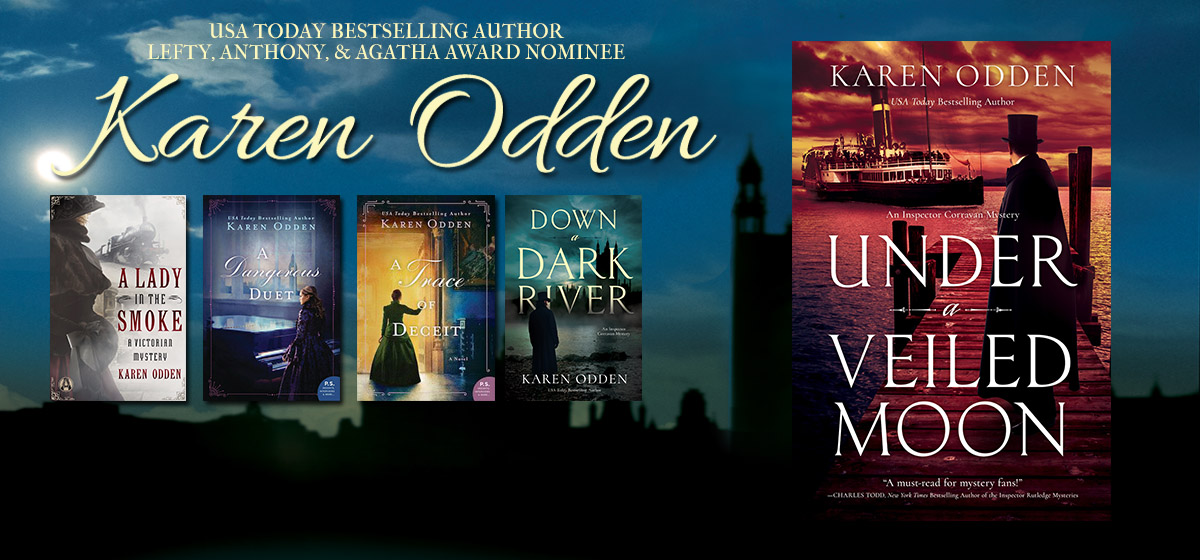This past week, my first novel was promoted by Bookbub and, predictably, when a title is pushed to millions of readers, my sales soared. It was terrifically exciting …  even if it is temporary, the author’s version of Warhol’s fifteen minutes of fame. There was even a day when my book was RIGHT NEXT TO one of my favorite novels, The 19th Wifeby David Ebershoff, on the Amazon Best Seller list for historical mysteries.
even if it is temporary, the author’s version of Warhol’s fifteen minutes of fame. There was even a day when my book was RIGHT NEXT TO one of my favorite novels, The 19th Wifeby David Ebershoff, on the Amazon Best Seller list for historical mysteries.
It was enough to make me feel dazed. Weak in the knees.
But it wasn’t enough to make me forget the fact that five years ago, I didn’t even have an agent. I had lots of rejection letters and four unsold manuscripts. (Ugh.) But this is perhaps a good time to reflect on one of those bad, early manuscripts, about art looting during WWII, because I think I’m heading back to that time period for my next stand-alone.
Whenever I finish a manuscript—and I finished “Down a Dark River,” about a Scotland Yard inspector in 1878 last month—I don’t begin to write a new book right away; I begin to read. I think of it as throwing ingredients into a pot. The flavors blend. And here are three bits floating in my next stew:
First: a book review by Adam Gopnik in the August 29 issue of the New Yorker. He was discussing the book Blood in the Water, by Heather Ann Thompson, an historian at the University of Michigan; the title of the review was “Kill Box: Learning from the Slaughter in Attica,” and it concerned the 1971 uprising and massacre at that prison in upstate New York (less than an hour’s drive from where I grew up). A paragraph toward the end of the article demanded my attention; I read it over, three times:
“At moments of crisis, the integrity of our institutions turns out to depend, to an alarming degree, on the fragile integrity of individuals. Prisons are our vulnerable point because they reveal, under pressure, that procedures designed to insure justice have to be constantly reanimated by human will. … At 3 p.m., Edland stepped forward and told the world the truth: that all the dead had been killed by the gunfire of the advancing troopers and guards. It is an act of historical imagination [by Thompson] to have recovered their unostentatious courage. It also requires, for us to see such acts as heroic, getting past the language of masculinity and assertion that had entrapped both the prisoners who took hostages and then the guards who would kill them. To call men of smaller official obligations, carried out in the face of intimidation, heroes is, perhaps, to change the meaning of what we mean by heroism. It may be time for that, too.”
I ripped the article out of the magazine and promptly lost it in the quagmire of paper in my office. When I went searching online for the reference some weeks later, I googled “New Yorker fragile integrity” to find it again. Upon reflection, I realized this was an interesting choice of search words. I had completely forgotten the sentence was from the review about Attica—perhaps because the idea of the “fragile integrity of individuals” could have belonged in half a dozen articles I’ve read recently, with topics ranging from racism to public school education.
Second ingredient: a book about gardening. I’m not a gardener at all—everything dies on me, even mint and philodendrons—but I was at a bookstore waiting for my daughter, and there was a book on the discount rack with lovely pictures. On the page about thistles, it explained how the primary plant can send out a “stolon,” a shoot that runs horizontally, along the ground, and then sets down roots at intervals. Pretty pink thistles can destroy an entire garden this way, quietly choking the other plants. What a metaphor, I thought.
Third ingredient: my old, bad manuscript about art looting in WWII. Gosh, it is dreadful. Flat characters, odd dialog, clumsy descriptions. But there’s some good research there, and even the tiny details stoked my interest. I’d forgotten, for example, that the swastika was actually an ancient symbol; the Nazis bent the four arms of the cross in the other direction, so it twisted counter-clockwise, instead. The symbolism poked at me.
I am often compelled by stories of injustice, of individuals who must counter the weight of large institutions, of times when empathy fails. This feeling I have, that individuals can make small, important pronouncements and conduct themselves in quiet, profoundly significant ways, compels me. This next novel features a young female surgeon, a police detective, and an embittered, twisted man who is bent on evil and operates with the quiet cunning of thistles.
